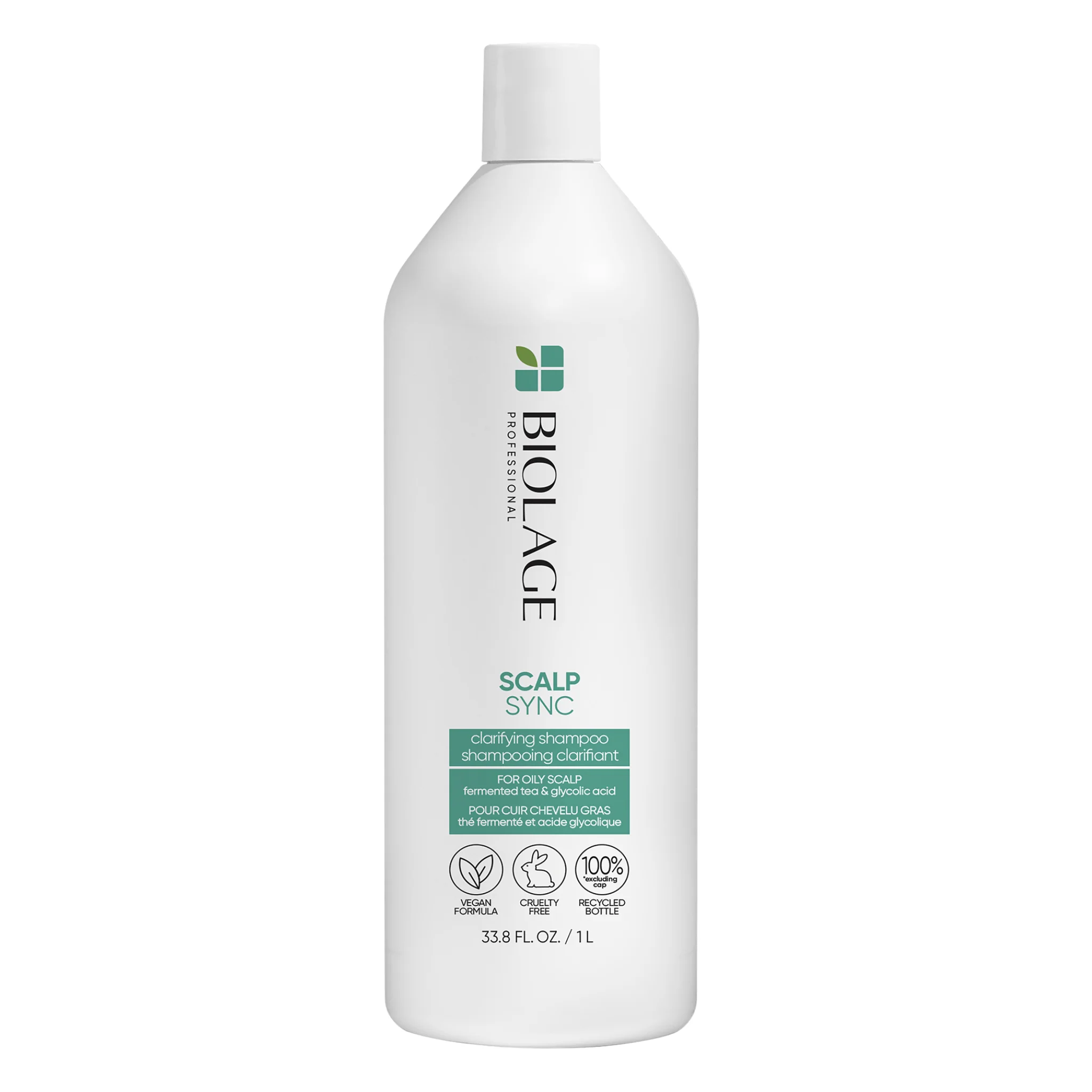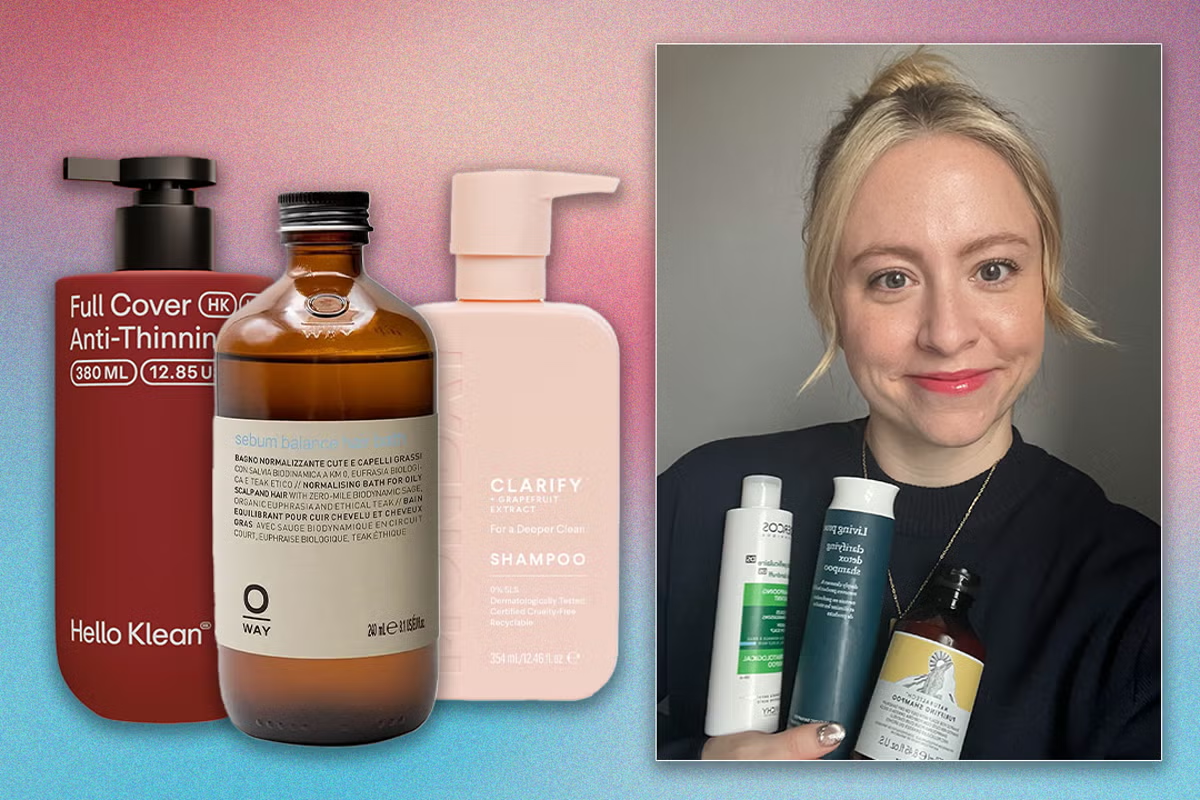When it comes to scalp health, few products are as widely recommended as ketoconazole shampoo. Originally developed as an antifungal treatment, this medicated shampoo has become a go-to solution for issues like dandruff, seborrheic dermatitis, fungal scalp infections, and even hair thinning in some cases.
In this article, we’ll explore everything you need to know about ketoconazole shampoo—how it works, its benefits, side effects, and the right way to use it.
What is Ketoconazole Shampoo?
Ketoconazole shampoo is a medicated shampoo containing ketoconazole, an antifungal agent. It works by stopping the growth of fungi that can cause scalp problems. Available in both prescription (2%) and over-the-counter (1%) strengths, it’s widely used for treating common scalp conditions.
Key Benefits of Ketoconazole Shampoo
1. Fights Dandruff and Flaking
Ketoconazole targets the yeast (Malassezia) often responsible for dandruff, reducing itchiness and white flakes.
2. Treats Seborrheic Dermatitis
This condition causes red, itchy, and flaky patches on the scalp. Regular use of ketoconazole shampoo can help control inflammation and scaling.
3. Helps with Fungal Infections
Scalp ringworm and other fungal infections respond well to ketoconazole’s antifungal properties.
4. May Support Hair Growth
Some studies suggest ketoconazole can block DHT (a hormone linked to hair loss), making it a potential supportive treatment for androgenic alopecia (male pattern baldness).
How to Use Ketoconazole Shampoo
Using the shampoo correctly is key for best results.
| Step | Instructions | Notes |
|---|---|---|
| 1 | Wet your hair and scalp thoroughly | Warm water works best |
| 2 | Apply a small amount of shampoo | Focus on affected areas |
| 3 | Massage gently into scalp | Leave it on for 3–5 minutes |
| 4 | Rinse thoroughly | Make sure no residue is left |
| 5 | Repeat as directed | Usually 2–3 times a week |
Possible Side Effects
While generally safe, ketoconazole shampoo can sometimes cause side effects:
-
Mild skin irritation
-
Burning or stinging sensation
-
Dry or oily scalp
-
Hair texture changes (rare)
-
Allergic reaction (very rare)
If irritation worsens, discontinue use and consult a dermatologist.
Who Should Use Ketoconazole Shampoo?
It’s suitable for:
-
People with dandruff or flaking scalp
-
Those diagnosed with seborrheic dermatitis
-
Patients with fungal scalp infections
-
Individuals experiencing early hair thinning (under medical advice)
Who Should Avoid It?
Avoid ketoconazole shampoo if you:
-
Have known allergies to ketoconazole or similar antifungal medicines
-
Have open wounds or severely damaged scalp skin
-
Are using other strong scalp medications unless advised by a doctor
Ketoconazole Shampoo vs Regular Anti-Dandruff Shampoo
| Feature | Ketoconazole Shampoo | Regular Anti-Dandruff Shampoo |
|---|---|---|
| Active Ingredient | Ketoconazole (antifungal) | Zinc pyrithione, selenium sulfide, salicylic acid |
| Strength | Prescription and OTC options | Mostly OTC |
| Effectiveness | Strong against fungal causes | Works for mild dandruff |
| Recommended Use | 1–3 times weekly | Can be used daily |
| Hair Growth Benefits | May help reduce hair loss (research ongoing) | Not linked to hair growth |
Best Practices for Using Ketoconazole Shampoo
-
Do not use it daily unless prescribed
-
Combine with a gentle conditioner to prevent dryness
-
Be consistent—results usually appear after 2–4 weeks
-
Pair with a balanced diet and proper hair care routine for best scalp health
FAQs about Ketoconazole Shampoo
Q1. Can I use ketoconazole shampoo every day?
Not usually. It’s recommended 2–3 times per week unless your doctor suggests otherwise.
Q2. How long does it take to see results?
Most people notice improvements within 2–4 weeks of regular use.
Q3. Does ketoconazole shampoo help with hair loss?
Some studies suggest it may support hair growth in cases of androgenic alopecia, but it’s not a standalone hair loss treatment.
Q4. Is ketoconazole shampoo safe for children?
It’s best to consult a pediatric dermatologist before use.
Q5. Can I use conditioner after ketoconazole shampoo?
Yes, but apply conditioner only to the hair strands—not the scalp—to avoid reducing the effectiveness of the medication.
Final Thoughts
Ketoconazole shampoo is more than just an anti-dandruff product—it’s a powerful antifungal solution that can improve scalp health, fight stubborn dandruff, and even support hair growth in certain cases. Whether you’re struggling with itchy flakes or dealing with seborrheic dermatitis, this medicated shampoo could be an effective addition to your hair care routine.
Always follow usage instructions carefully and seek medical advice if symptoms persist.




